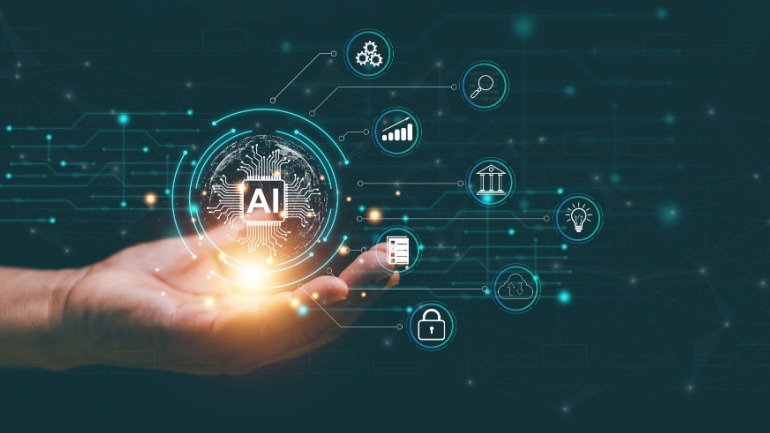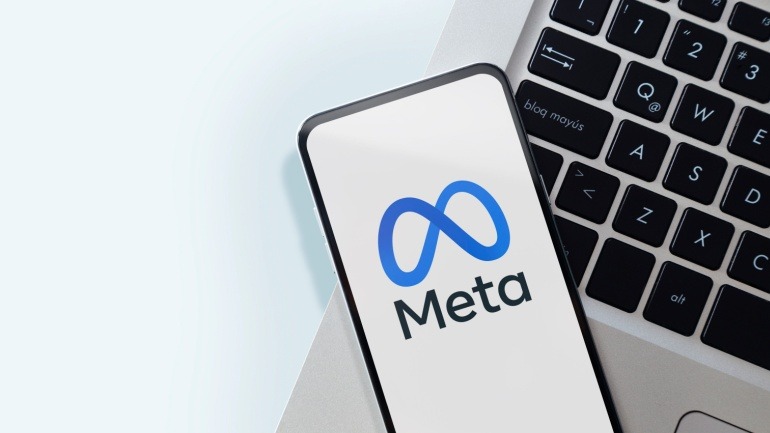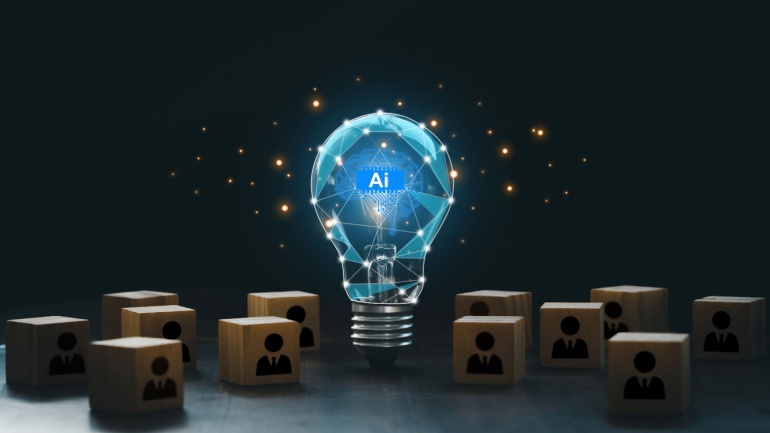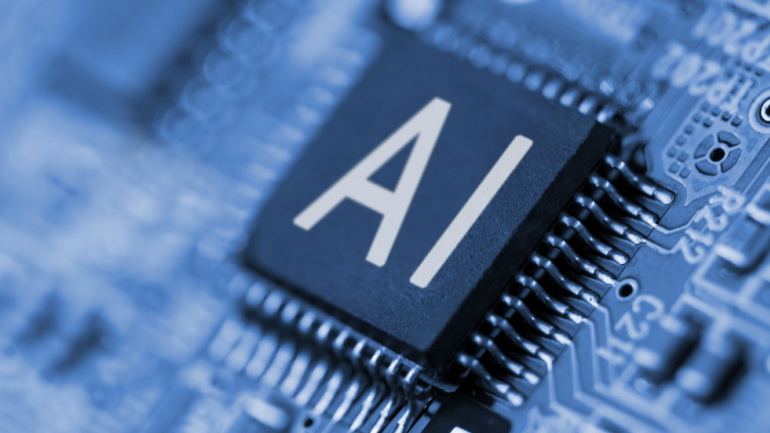SK Telecom has joined the MIT Generative AI Impact Consortium to explore AI’s societal and industrial impacts. Partnering with global leaders like OpenAI and Tata Group, SK Telecom aims to drive AI innovation in ICT, semiconductors, and energy.
Rakuten Mobile launches “Rakuten AI for Business,” a Generative AI solution designed for Japanese corporate environments, enhancing tasks like document creation and translation with ease. Featuring robust language processing and seamless web browser access, it’s both efficient and affordable.
NetApp, renowned for intelligent data infrastructure, partners with NVIDIA to enhance generative AI. This synergy accelerates agentic AI development by integrating NVIDIA’s AI software and NetApp’s infrastructure. The unified NetApp ONTAP system manages exabytes of data, enabling rapid AI-powered insights, discovery, and governance across cloud and on-premises environments.
Meta’s recent decision to resume using public content from UK users on Facebook and Instagram for AI model training showcases a strategic move to enhance its AI capabilities. This change, following regulatory discussions, aims to better reflect British culture and language, keeping Meta competitive in the AI landscape.
NATO’s HEIST initiative enhances global internet resilience by integrating subsea cables and satellites, aiming to safeguard against data traffic disruptions. GoTo harnesses generative AI to improve customer experiences, while China Unicom and Huawei launch a 5.5G network in Beijing, and Swisscom and Nokia deploy a nationwide drone network in Switzerland for safety and industrial monitoring.
Tech giant Apple has introduced its latest innovation, the Apple Intelligence system, designed to enhance AI capabilities across its operating systems. Unlike creating its own large language model (LLM), Apple Intelligence amalgamates on-device small language models with access to established LLMs, initially partnering with Chat GPT.
In a strategic move, Intel has partnered with private equity firm DigitalBridge to introduce Articul8, a new company set to bring enterprise-grade generative AI technology to the market. Articul8 aims to provide corporate customers with a secure and vertically-optimized genAI software platform, designed to run seamlessly on Intel hardware, including Xeon processors and Gaudi AI accelerators.
In the wake of a profound digital transformation, businesses are strategically navigating the evolving landscape of generative artificial intelligence (genAI), propelling them into a new era of adaptability and innovation. The surge in genAI-related job postings, as reported by GlobalData’s Job Analytics Database, reflects a growing commitment among companies to stay relevant and competitive in this dynamic environment.
Gartner forecasts a huge 20.4% increase in public cloud services expenditure by 2024, hitting an astounding $679 billion. This surge in spending could be primarily driven by business needs and innovative technologies like generative AI. Interestingly, all cloud market segments Gartner monitors are set to grow, with Infrastructure-as-a-service (IaaS) leading the pack at 26.6%. That said, as the cloud market evolves in response to business outcomes, non-technical issues such as cost, privacy, and sustainability are crucial considerations for an effective GenAI deployment.
A recent survey unveils how, despite potential risks, most industries, particularly telecommunication firms are embracing generative AI’s benefits. Interestingly, even traditionally cautious sectors, like aerospace and defence show a strong inclination towards AI’s adoption. Yet, as AI integration requires extensive investment in staff skill development, emerging corporate roles like AI auditors or ethicists are anticipated.













